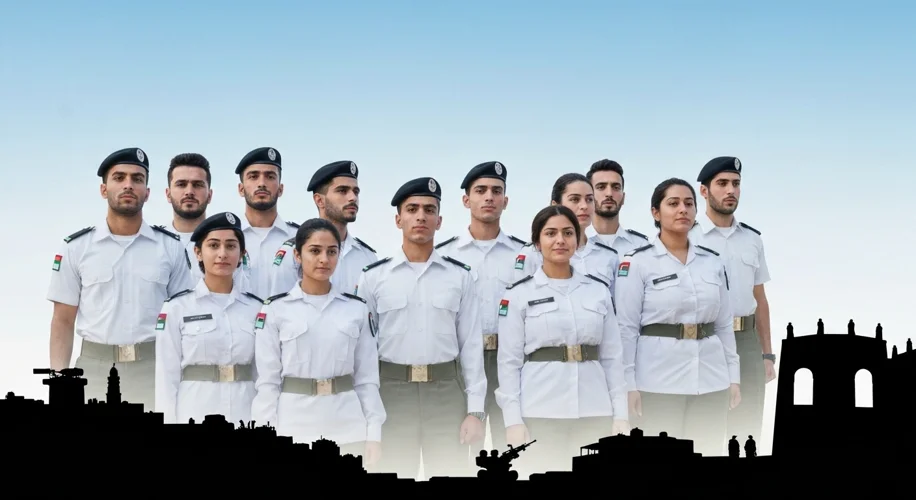For 34 years, the specter of conscription has been absent from the lives of young Jordanians. The echoes of mandatory military service, last heard in the late 1980s, were fading into historical memory. But as of August 2025, those echoes are set to become a resounding reality once more. Jordan’s decision to reintroduce mandatory military service marks a profound shift, a testament to evolving national priorities and a strategic recalibration in the face of a turbulent regional landscape.
The Hashemite Kingdom of Jordan, strategically positioned at the crossroads of volatile regions, has long navigated a delicate path of maintaining internal stability and external security. Its history is interwoven with the ebb and flow of regional conflicts and the ever-present need for a strong, unified defense. The decision to bring back conscription is not a sudden whim, but rather a calculated response to a complex tapestry of geopolitical challenges and a desire to foster a deeper sense of national cohesion.

The original implementation of mandatory military service in Jordan, like in many nations, was rooted in the principles of national defense and civic duty. It aimed to create a well-trained reserve force, instill discipline, and forge a common identity among citizens from various socio-economic backgrounds. However, as the geopolitical sands shifted, and with a focus on professionalizing the armed forces, the conscription policy was eventually suspended. The intervening decades saw Jordan’s military evolve into a highly capable, professional institution, a cornerstone of the kingdom’s security architecture.
Yet, the intervening years have also witnessed unprecedented regional instability. From the lingering shadows of conflicts in neighboring Syria and Iraq to the complex socio-economic pressures within its own borders, Jordan has consistently demonstrated remarkable resilience. The reintroduction of conscription appears to be a multifaceted strategy. On one hand, it aims to bolster the kingdom’s defense capabilities by expanding the pool of trained personnel. On the other, it speaks to a desire to reinforce national unity and civic responsibility, particularly among a younger generation that has grown up in a vastly different world than the one in which conscription was initially abandoned.
The specifics of the new conscription law are still unfolding, but early indications suggest a modernized approach. The program is expected to focus not only on military training but also on vocational skills and community service, offering conscripts a broader set of experiences. This forward-thinking aspect aims to mitigate potential criticisms and ensure that the service is viewed not merely as a burden, but as an investment in the individual and the nation.
The implications of this policy shift are far-reaching. Economically, it will necessitate significant resource allocation for training, equipment, and support. Socially, it has the potential to bridge divides, fostering a shared experience that transcends regional and class differences. For the young men and women who will soon answer the call, it represents a significant life transition, a period of intense personal growth and civic engagement. The success of this revival will undoubtedly hinge on its effective implementation and the government’s ability to articulate its benefits clearly, ensuring that the program fosters patriotism and preparedness without becoming a source of undue hardship.
As Jordan steps back into the era of mandatory military service, it does so with the lessons of its past and the aspirations for its future. It is a bold statement of intent, a reaffirmation of the kingdom’s commitment to its sovereignty and the strength of its people. The coming years will reveal how this historic decision shapes the trajectory of the Hashemite Kingdom.

